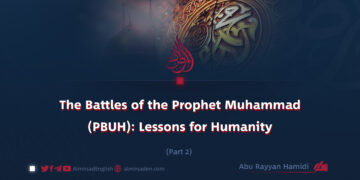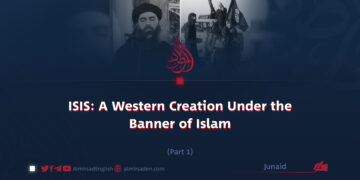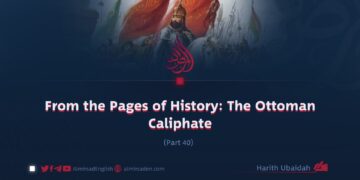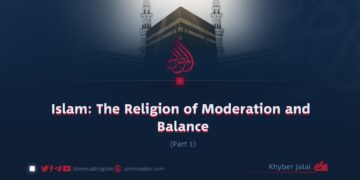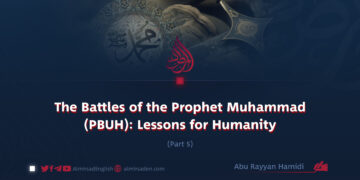Author: Abdan Safi
The OIC summit in Pakistan is being presented under the pretext of addressing the rights of the Afghan people, education for women, and the humanitarian crisis. However, the true objectives of this summit are elsewhere. Pakistan has consistently pursued the goal of exerting influence over Afghanistan. Nevertheless, when the Islamic Emirate of Afghanistan adopted an independent policy, this became unacceptable to Pakistan.
The OIC summit is also a part of this strategy—a political tactic designed to undermine and apply pressure on the Islamic Emirate of Afghanistan. The question then arises: how does Pakistan, known for human rights violations, suppression of freedom of speech, and disregard for democratic values, justify lecturing other nations?
Pakistan purports to stand for the rights of Afghan children and girls to an education. Yet, what has it done for its own youth? Government statistics indicates that more than 26 million children in Pakistan are not receiving education in schools or madrasas—the highest number globally.
It is a well-known fact that the state of Pakistan, especially its military, has consistently interfered in the internal affairs of Afghanistan—manipulating Afghan governments to suit its interests, instigating Durand Line disputes, obstructing trade routes to damage the Afghan economy, and making allegations of terrorism to tarnish Afghanistan’s international reputation.
These have been the fundamental tactics of Pakistan’s policy towards Afghanistan. However, the landscape has changed; Afghanistan is no longer amenable to external pressures, and Pakistan must come to terms with the fact that it can no longer pursue its previous strategies.
If Pakistan genuinely cares about human rights and freedoms, it must first address the injustices within its own borders. The establishment of Pakistan and its subordinate authorities have a history of deflecting attention from their failures by diverting focus to external matters. Criticizing Afghanistan and exerting pressure on it is part of this agenda. However, the reality is that Pakistan itself is grappling with significant internal challenges.
Political instability in Pakistan has reached unprecedented levels. Recent years have witnessed the removal of an elected government under military influence, leading to an ongoing political crisis. Electoral malpractice, media censorship, and manipulation of the judiciary for political motives have turned Pakistan’s purported democracy into a mockery.
In Balochistan, years of state repression have left lasting scars. Numerous Baloch youths have disappeared forcibly, mutilated bodies have been discovered in remote areas, and many individuals are either incarcerated or have fled the country.
The Pakistani state has consistently labeled the Baloch people as insurgents and separatists, denying them their rightful entitlements. They have been deprived of educational opportunities, employment prospects, and basic services. Enforced disappearances and extrajudicial killings have become routine in Balochistan. The military and intelligence agencies target anyone who dares to speak out against state oppression.
Similarly, in Khyber Pakhtunkhwa, civilians have been targeted under the guise of anti-terrorism efforts. Military operations have wrought havoc on entire communities, resulting in the deaths of innocents falsely labeled as terrorists. Individuals advocating for their rights are branded as traitors and enemies of the state.
Before offering commentary on human rights in other nations, Pakistan should first address its own issues with press freedom, where journalists are openly abducted, tortured, and frequently murdered. The media is entirely under military control, and dissenting voices are silenced or compelled into exile.
The 2023 Human Rights Watch report highlights the deteriorating human rights situation in Pakistan. Freedoms of expression, minority rights, women’s rights, and political liberties are in a continual state of decline. Pakistan ranks among the countries where violations of fundamental rights are pervasive.
As of 2024, the human rights scenario in Pakistan has further deteriorated. The World Justice Project’s Rule of Law Index ranks Pakistan 125th out of 140 nations, signaling its poor performance in upholding human rights.
According to Pakistan’s Ministry of Human Rights, between 2021 and 2023, there were 4,376 recorded cases of violence, sexual assault, and killings against women in Punjab alone—the highest among all provinces. This reality is only a snapshot of one province.
In light of these circumstances, the participants in the OIC conference should acknowledge that intervening in Afghanistan’s affairs and aligning with Pakistan’s political strategies is unethical and detrimental. If this conference genuinely aims to address human rights and women’s education, it should first investigate the ongoing enforced disappearances, military repression, and media censorship in Pakistan.
The OIC should prioritize fostering relations with Afghanistan based on equality rather than interfering in its internal matters. Concrete steps should be taken to support Afghanistan’s economy, education, and progress, rather than advancing the agenda of Pakistan. If the OIC desires to uphold its credibility, it must distance itself from Pakistan’s political maneuvers and concentrate on addressing authentic concerns.

































